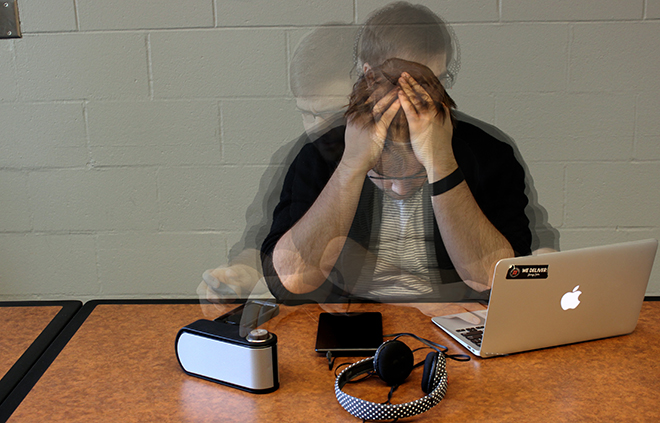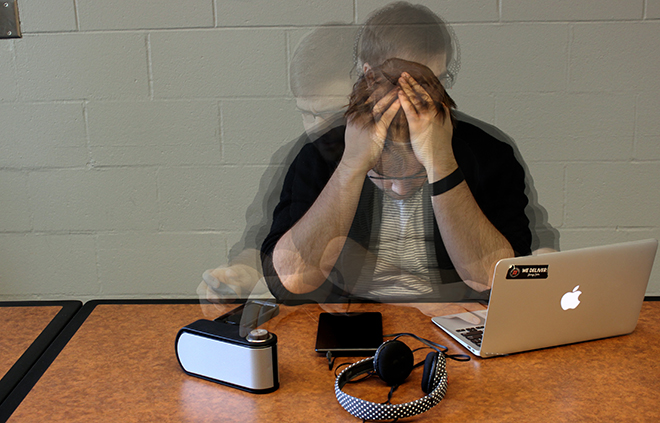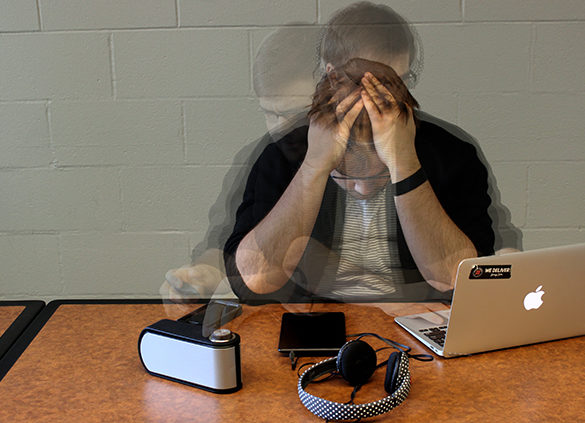
With more people than ever before using electronics and social media – about one in four worldwide, according to Medical News Today – researchers are investigating how that kind of exposure impacts people emotionally and psychologically.
Polls conducted in 2011 at Salford University by a charity called Anxiety UK revealed that 53 percent of the 298 people who responded felt that using social media changed their behavior to some degree, and of those, 51 percent believed it was for the worse.
“If you are predisposed to anxiety, it seems that the pressures from technology act as a tipping point, making people feel more insecure and more overwhelmed,” said Anxiety UK Chief Executive Nicky Lidbetter in an interview with The Telegraph.
On the other hand, there are documented benefits social media users experience. An article published in the Journal of the American Academy of Pediatrics in 2011 detailed how these digital channels promote easily accessible community engagement, like organizing events or raising money for charities, as well as enhancing individual and collective creativity because of their networking capabilities.
Despite how information-driven most of modern society is, some learn to recognize when it impacts them negatively. Former Ball State student and current Muncie resident Ivana Armstrong came to this conclusion and quit social media completely. She describes her relationship with technology as “purely purpose based” in that she only uses it based on need. For her, that might mean looking up directions to a specific location or looking up the menu of a restaurant before going there, but aside from that, her digital presence is minimal.
“I used to have social media; it was a pretty big part of my life,” said Armstrong. “I sought out the change because I felt that my personality and my attentions were misdirected to a certain extent, and I felt like this would help correct the issue.”
“Now that I have put that aside, the hold that I feel over other people, like the sense of ownership that I think I have over other people to a certain extent has significantly decreased, and people can be who they are.”
For some students raised in the information age, digital media interactions are an interesting phenomena to observe. Ball State art student Melissa Livermore is in the midst of several visual art installments commenting on the way that relationships have changed via social media and other electronic channels.
“In the last few years, I’ve been starting to think more critically about the way that I use [social media], and wanting to understand why it’s such an important facet of the way our peers communicate with one another, so I’ve been making a lot of art about it lately,” she said.
Livermore said that these observations have really only raised more questions for her about how people communicate, rather than helping her reach any conclusions about it.




